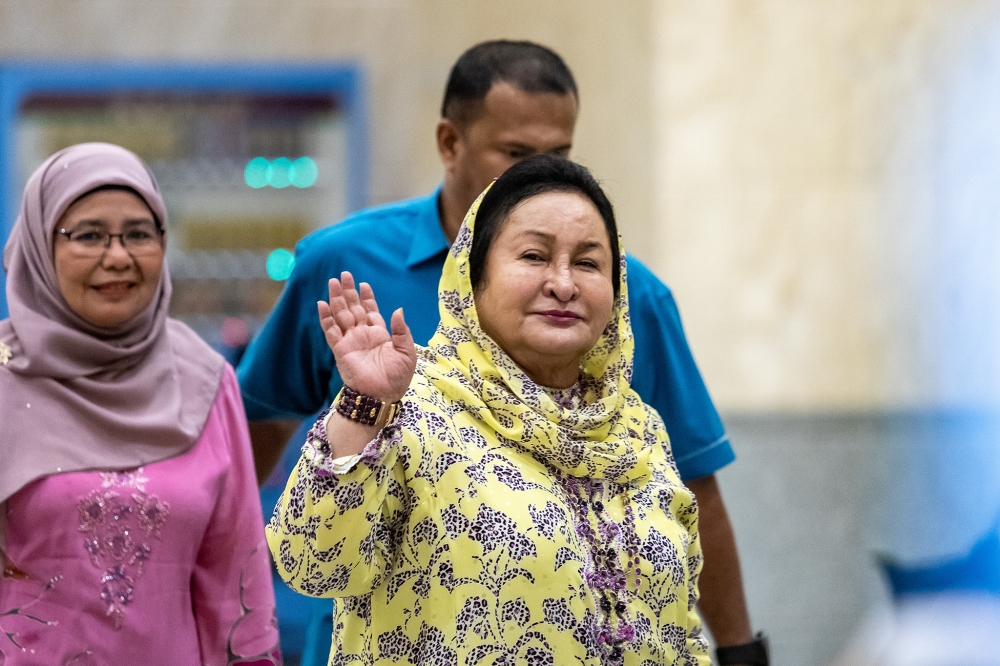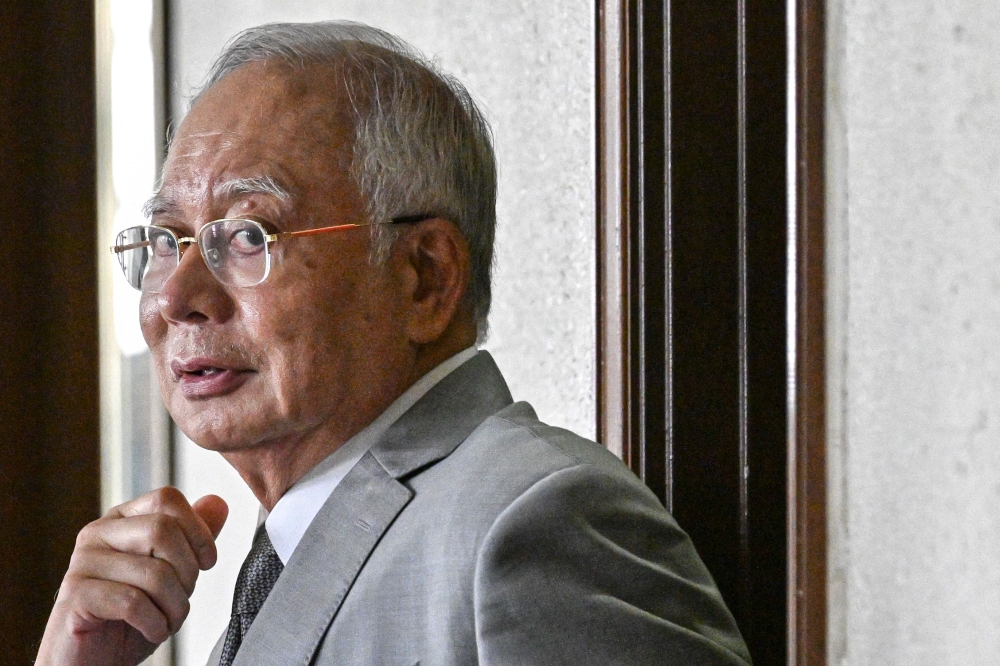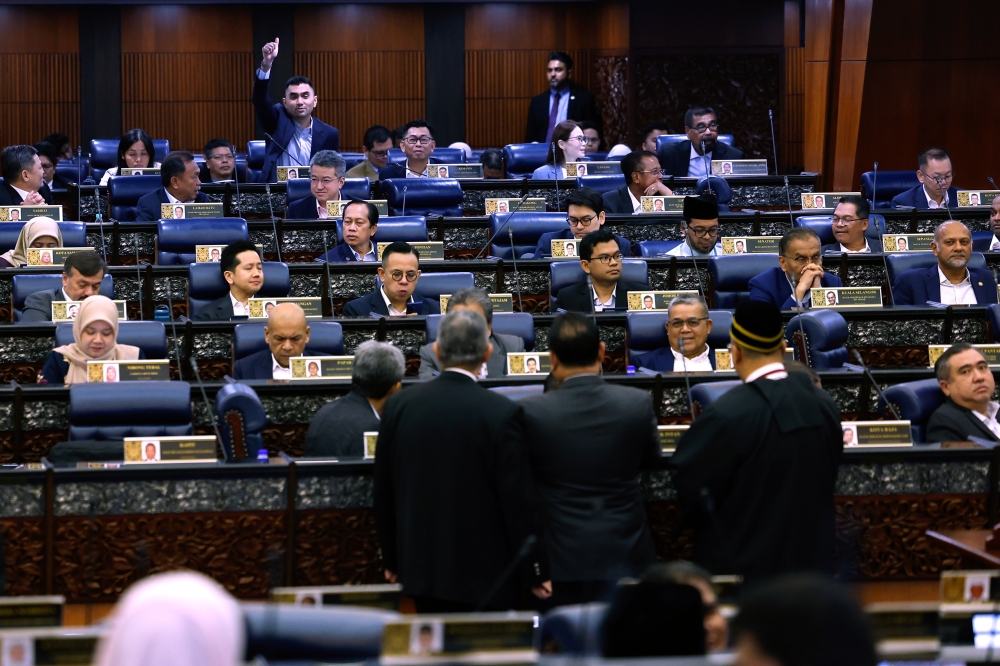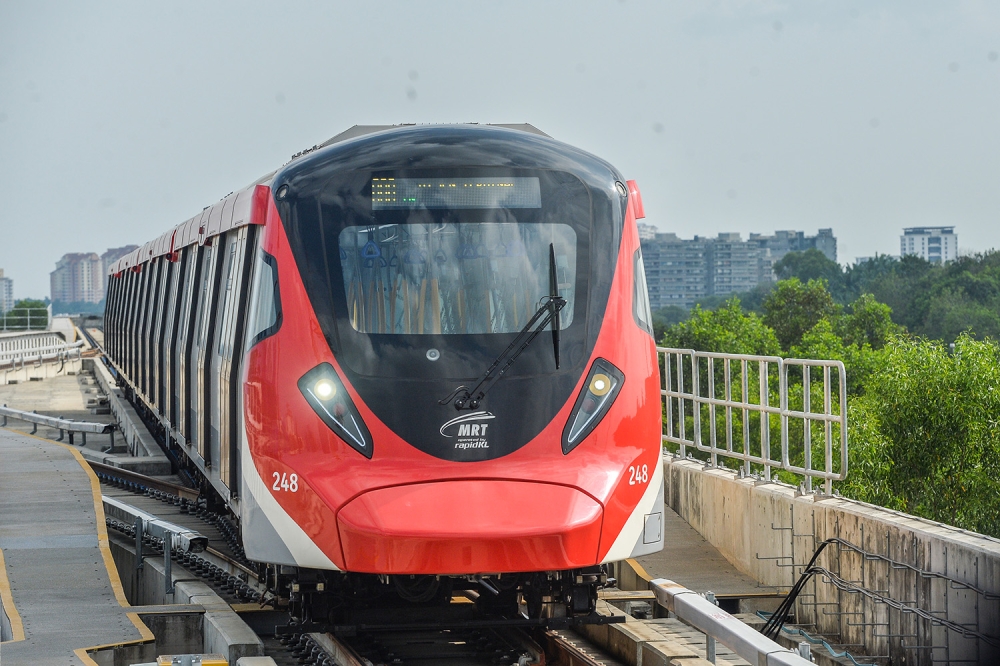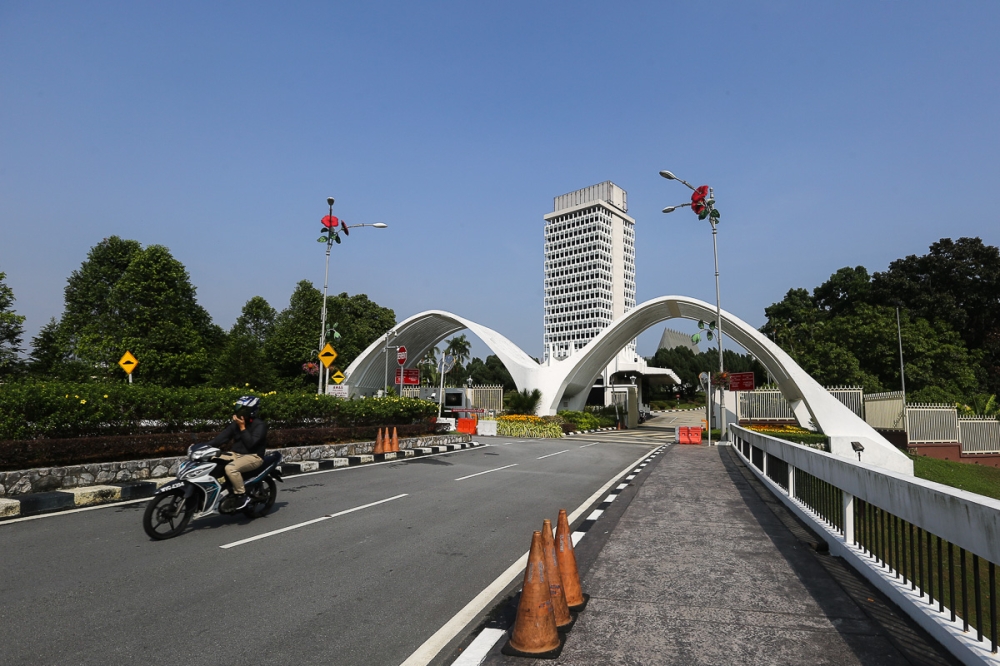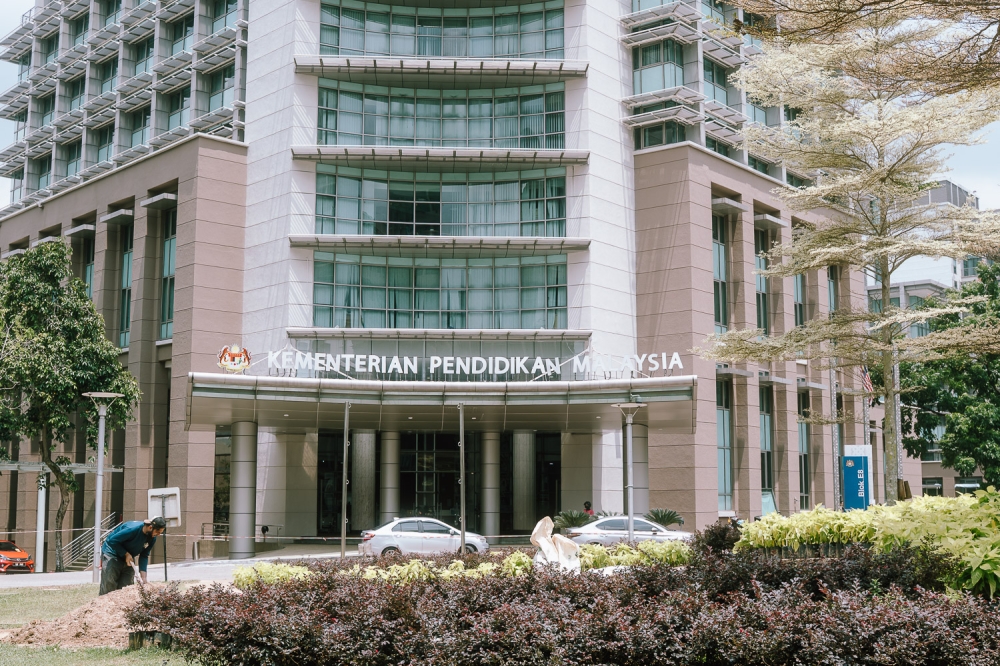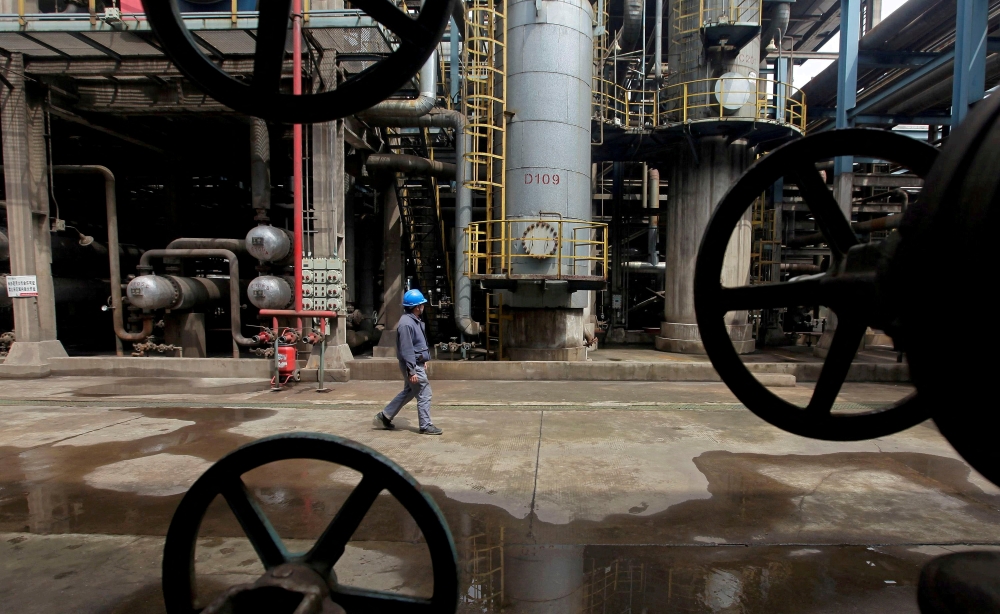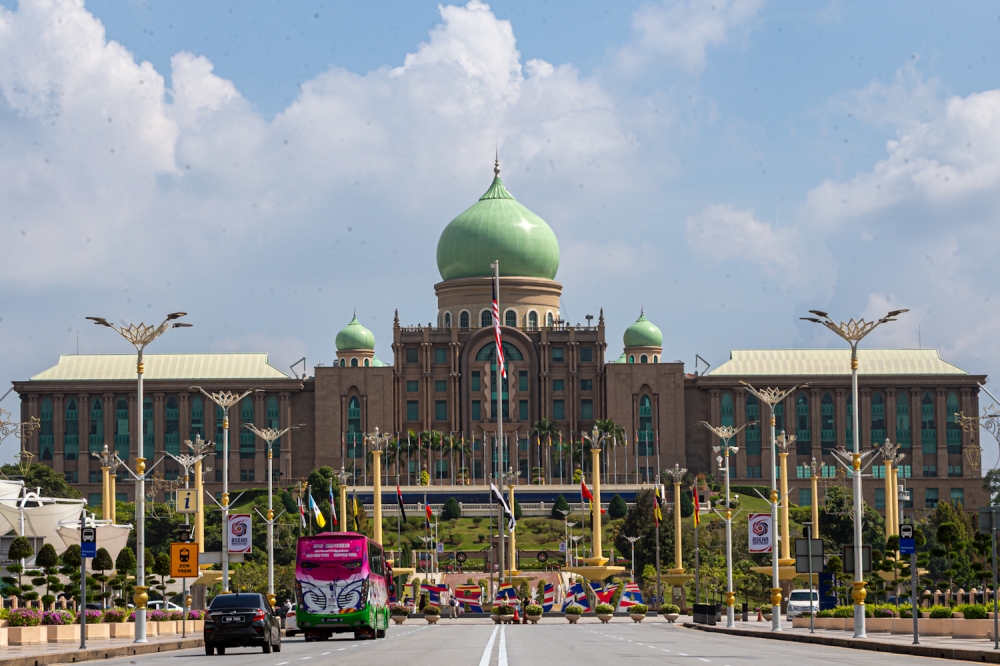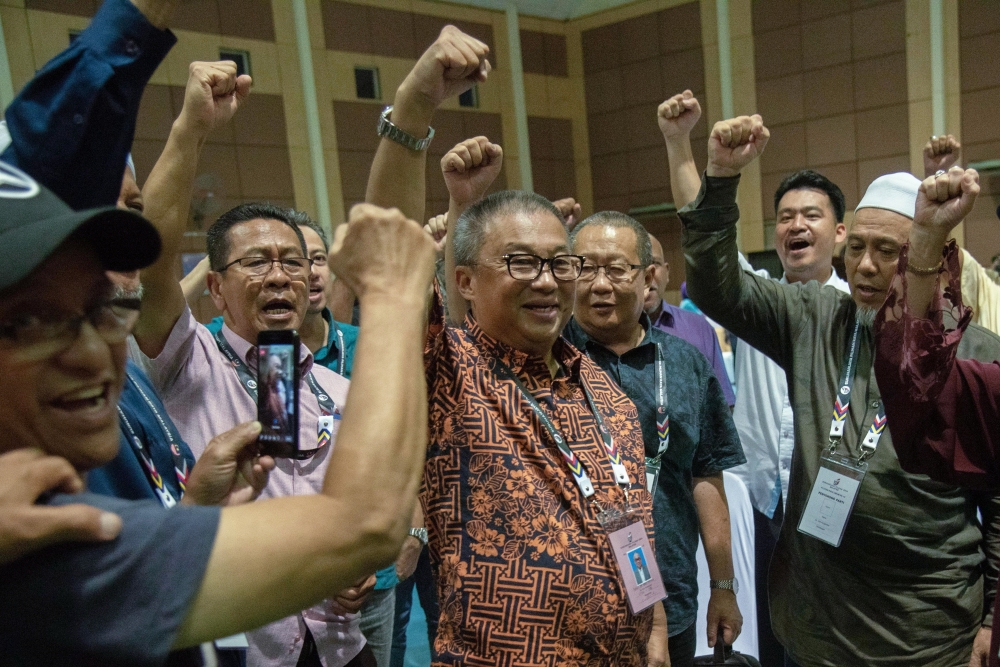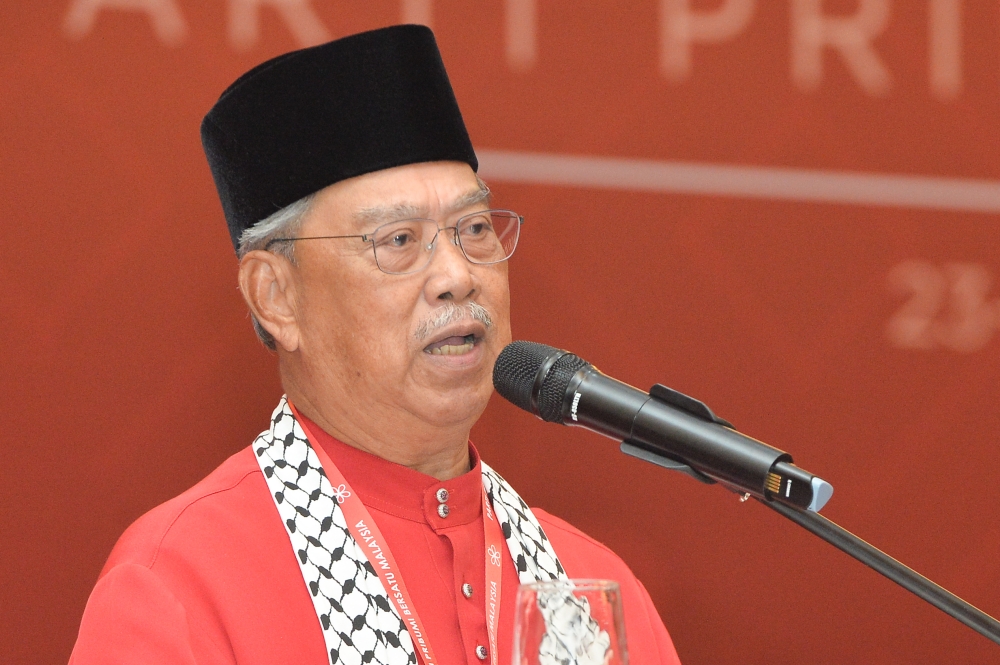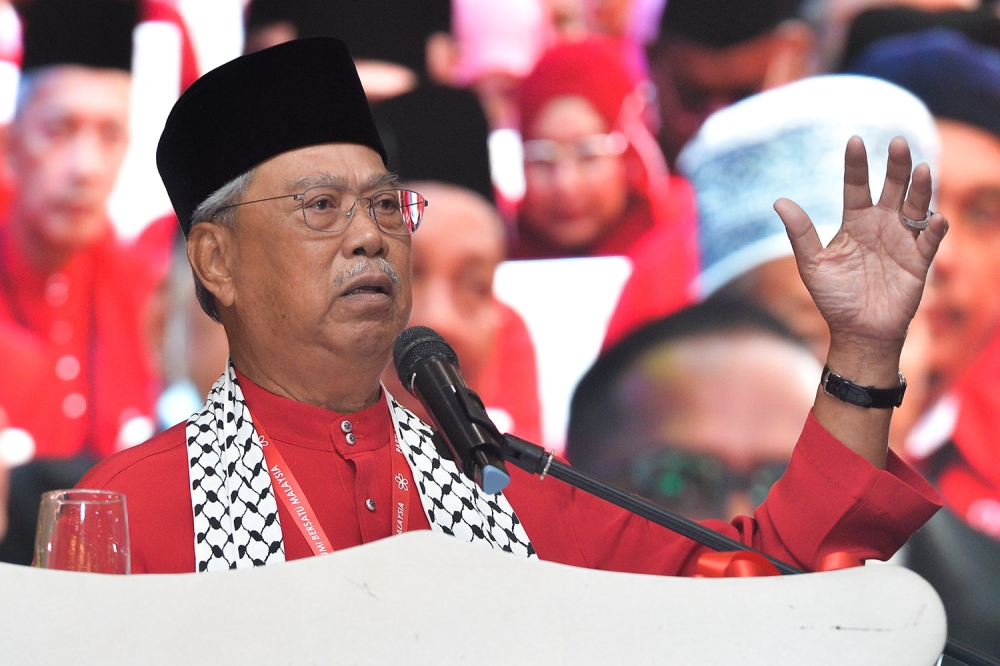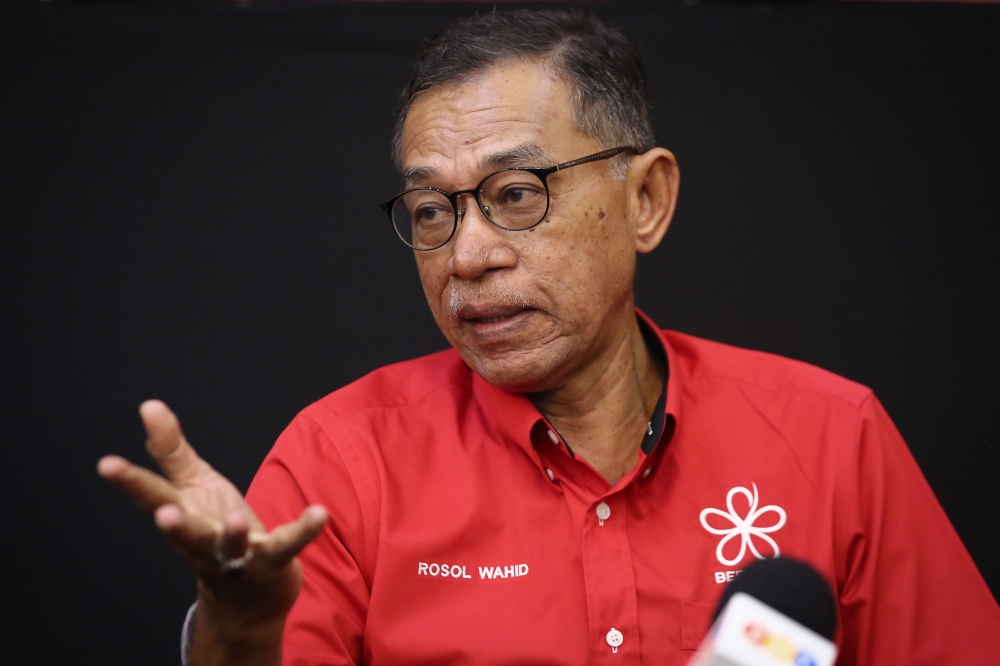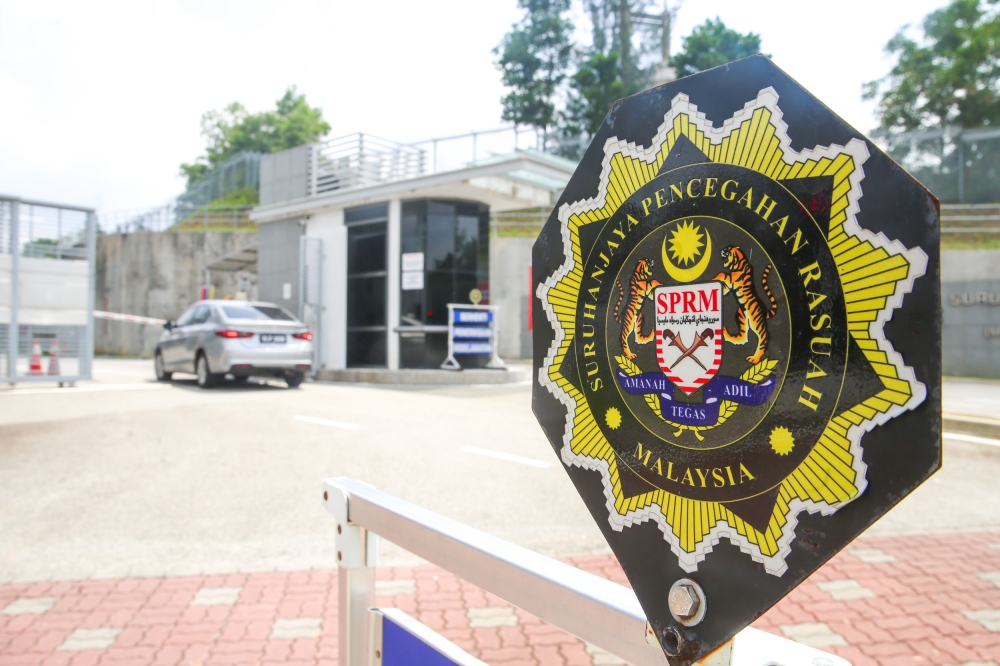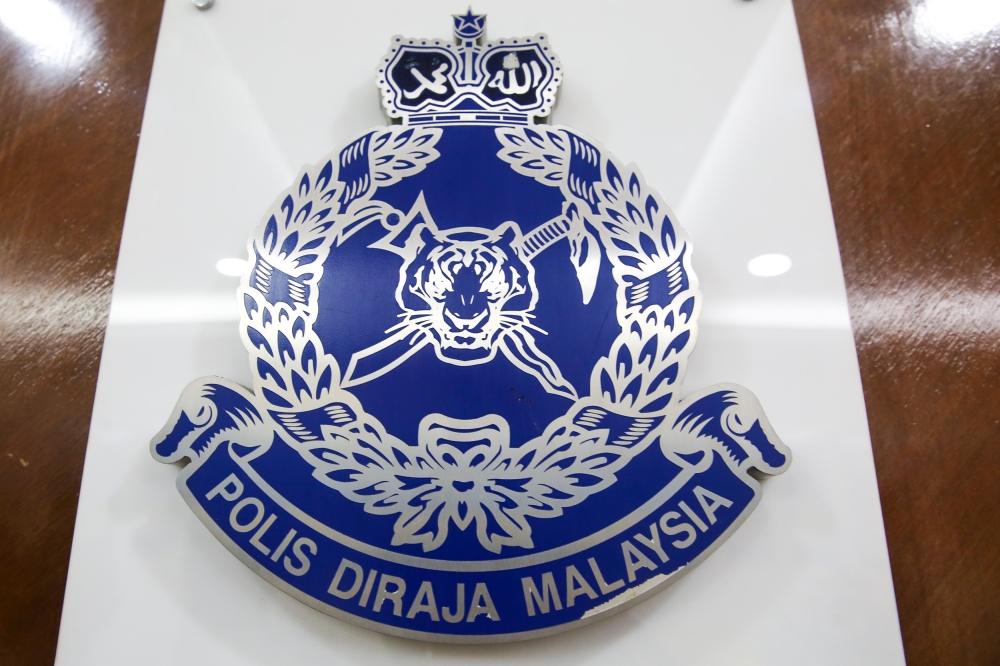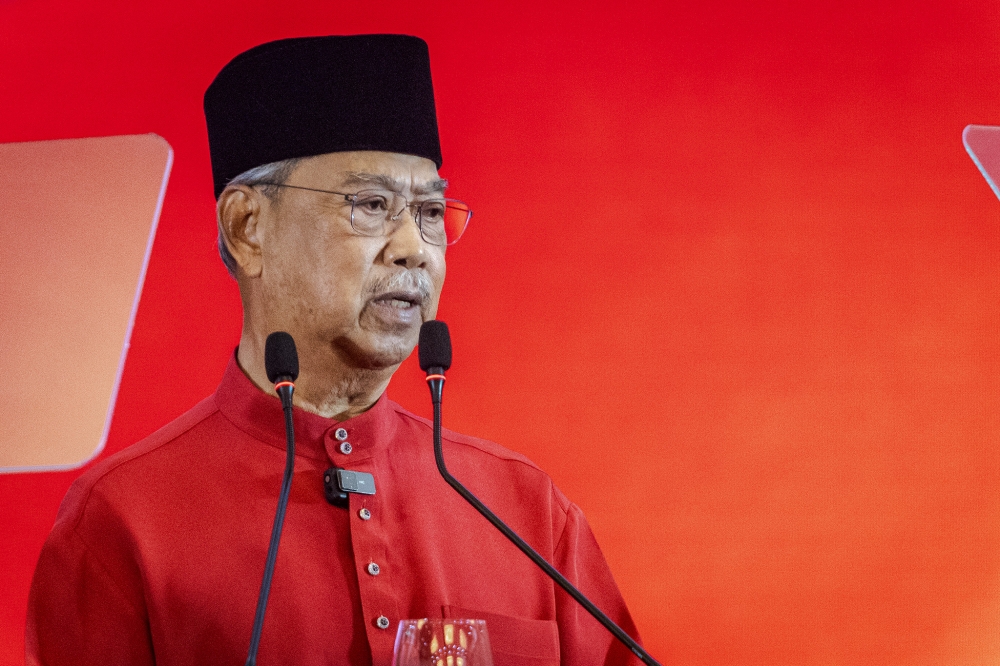KUALA LUMPUR, Nov 28 — The loophole that let four Parti Pribumi Bersatu Malaysia (Bersatu) lawmakers keep their seats despite technically defecting could also limit their prospects by forcing them to stay with the Opposition party while supporting the government, said political experts.
Analysts who spoke to Malay Mail said that technically the four MPs must remain in Bersatu until the end of term in order not to trigger the anti-hopping law, even though they have been effectively ostracised for their technical defections.
“For now, it seems like they are set to stay in the party with no movement from either party of themselves. If the party sacks them, they can keep their seats so it’s unlikely. I see for the foreseeable future they will stay within Bersatu until the next election,” said International Islamic University Malaysia political science assistant professor Syaza Shukri.
Universiti Malaya sociopolitical analyst Associate Professor Awang Azman Awang Pawi said the situation was effectively a stalemate as the four would not want to resign and lose their seats, while Bersatu would also not want to sack them and give them a free pass to join a party on the government’s side.
Under the constitutional amendment to curb political defections, a lawmaker will not be disqualified from holding his seat in the event he is expelled from the political party he was in when he was elected.
While some parties such as the DAP closed this loophole by amending their party constitutions, Bersatu did not, effectively allowing the four defectors to keep their seats so long as they officially remained members of the party.
“It is clear to me that the defector’s constituencies have big potential of losing to Umno now should a by-election happen as voter trust fades due to their own actions,” Awang Azman said.
He said that they will likely struggle to stay within the party and be effective as elected representatives without the cooperation of the party after their actions.
“Their reputation is already sullied. At this point, even Umno will not take them in if they have the opportunity,” he said.
The four Bersatu MPs who pledged support for Prime Minister Datuk Seri Anwar Ibrahim’s government are Labuan MP Datuk Suhaili Abdul Rahman, Kuala Kangsar MP Datuk Iskandar Dzulkarnain Abdul Khalid, Gua Musang MP Azizi Abu Naim, and Jeli MP Zahari Kechik.
They claimed they did so for the sake of their constituents, denying that they had been enticed or coerced into declaring support for the prime minister.
They remain as Perikatan Nasional MPs although Suhaili and Iskandar Dzulkarnain have been suspended from Bersatu for six and four years, respectively.
Syaza said that of the four, the most likely to wrangle an invite to Umno is Labuan MP Suhaili, who previously held the seat for the Malay nationalist party from 1999 to 2008.
She said this was because of the fluidity of politics in Sabah, to which Labuan was close.
“For the others, I think it is possible for them to join PH, most likely PKR. But this is purely assumptions because there are so many uncertainties for now,” she said.
Universiti Malaysia Sabah’s Romzi Ationg also said Labuan was small enough and with few enough politicians that Suhaili would have enough clout still to overcome the taint of the defection.
As for the remaining three, Ationg expressed scepticism that they would have much political prospects remaining.
They were unlikely to be chosen as candidates by Umno or any of the Pakatan Harapan parties and even less likely to win even if they were to defy the odds and be fielded.
“For them to re-stand for election would be difficult but just to ‘return’ to Umno, very possible, especially with the endorsement of the leadership.
“To be honest, they did that to themselves by going against their party. But at least with Umno or PKR they will appear like low level heroes for being brave to stand up for their constituency. They can play up that narrative,” said Syaza.
But Syaza said that the possibility of the four being “outcasts” in Bersatu was not a big issue as the leadership was in a fragile state now.
“I feel they will just be in limbo until the next election,” she said.
However, Ationg said that it would largely depend on their performance on the ground, and how they win over their constituency and its voters that can decide whether the leadership will still be interested in supporting them.
“In general, however, rakyat may feel uneasy with their move, especially the young voters. If this happens, these defectors may need to work hard in winning back their seat or even the opportunity to contest in the next election,” he said.


